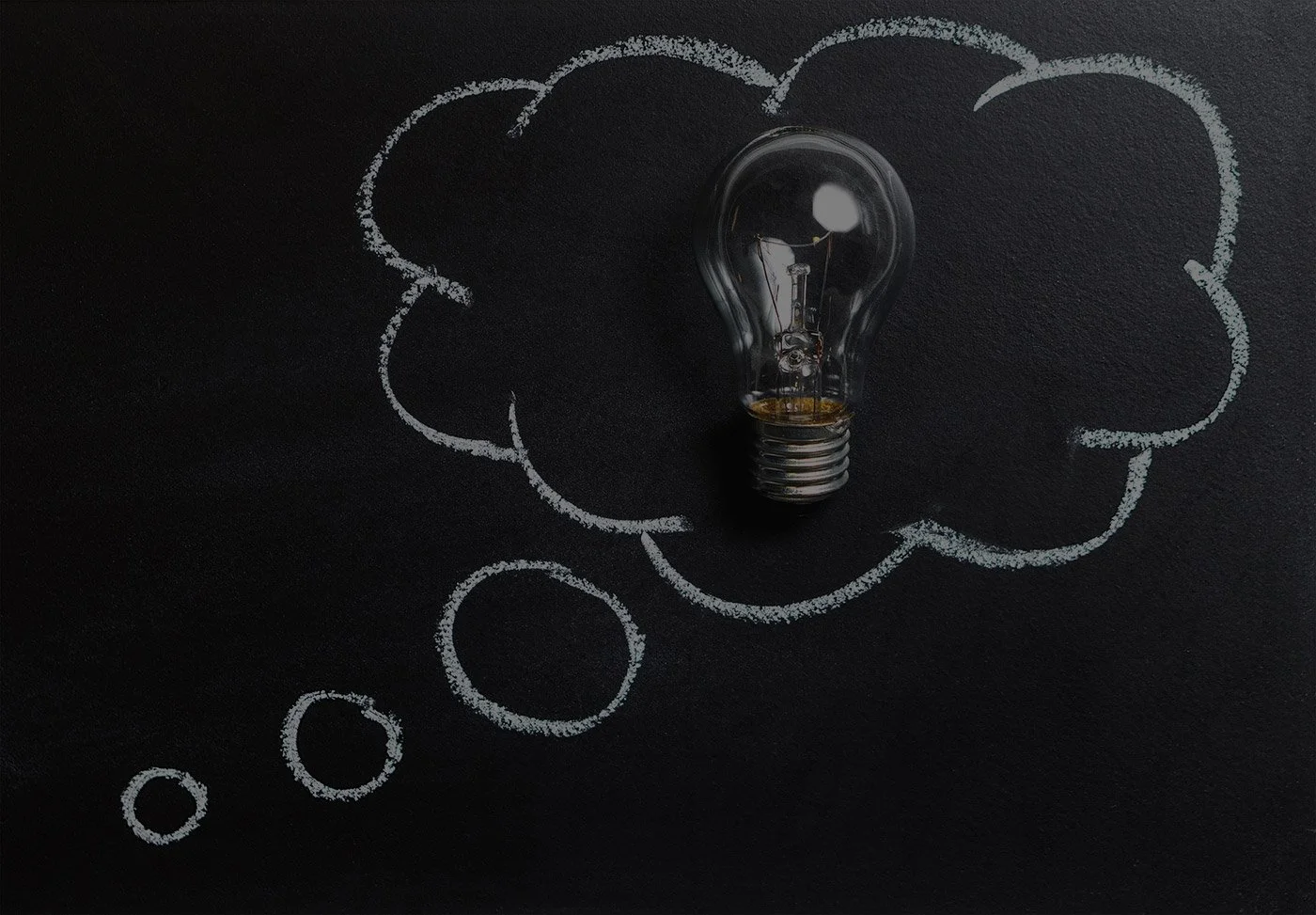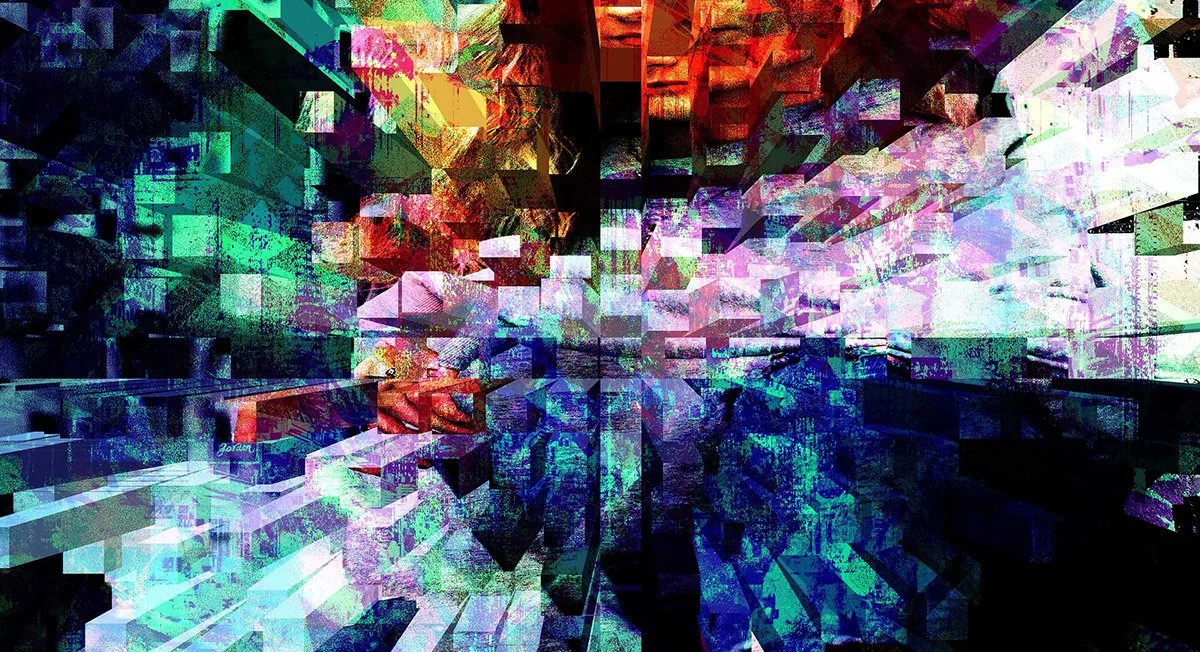
Definition of Mentality?
Mentality is what produces thoughts in consciousness and is also known as the mind, intellect or reason. Thoughts are mental symbols, 'virtual' representations of reality in our minds.
Layers of Human Consciousness
Consciousness is the subject of experience. It is the awareness of the inner and outer worlds. There are different states of consciousness such as waking, sleeping and also altered states of the mind which can occur naturally or be triggered on purpose through the use of drugs or techniques such as hypnosis, dance, meditation etc.
Consciousness has at least two layers: the wilful, conscious (waking) mind on the one hand, and the automatic, unconscious, reactive mind on the other hand. The unconscious mind processes data and builds associations. It doesn’t judge as it’s a mere robot that records all that happens around you.
It’s the task of the conscious (waking) mind to judge and make deliberate decisions. The waking consciousness is the self which plans, considers and reflects. It is the part of us which we call ‘I’, ‘me’ or ‘myself’. It is the narrow focus of experience which is forever shifting and which we call attention. The attention is always selective as it filters out all the information which is not in the focus of its spotlight.
Thoughts are inner images. Through thoughts we are able to comprehend the outside world. Thoughts can correspond to all the features of our physical senses, which means they can be acoustic, visual, olfactory, gustatory or sensual.
If thoughts refer to the detectable reality of our senses, then they have some reality value. When thoughts are made up of pure mental constructions that don’t match the observable reality (e.g. unicorns), then those thoughts are fictitious products of imagination.
The most famous psychologist who discovered that our minds have an unconscious layer of which we are mostly not aware of is Sigmund Freud. He invented the whole methodology of psychoanalysis and divided the mind into conscious and subconscious parts which influence our thinking and behaviour without us understanding fully why we act and think the way we do.

What is thinking?
Thinking is the usage of abstractions to describe reality by the mind. Thinking is about connecting thoughts (symbols of facts) to create meaningful structures (conclusions, insights, knowledge).
Symbols
Written and spoken languages are systems of symbols - a fact which brings us to the realisation that thoughts themselves are symbols. In the same way as language is symbols expressed via the air (speech) or via patterns on different physical materials (wood, stone, papyrus, paper etc.), so are thoughts symbols created in the medium of our mind (electrical and chemical vibrations in the nerve cells of the brain).
Mathematics and languages are systems of symbols expressing our thoughts. They are specifically human abilities. Mathematics is a system of symbols to convey quantities, while languages are systems of symbols to convey meanings, the qualitative aspects of reality.
Mentality
Mind = Intellect = Rationality
Concepts
A concept is a thought about a thing in which the general features of that thing (its essence) are represented in the mind. The essence of a thing is the common characteristics shared by the various physical variations of that one and same thing (e.g. all the trees in the world can be summarised in a single generic concept that characterises the features of any tree).
A concept is created when the various mental images collected from personal experience are restructured and grouped together into greater units in the mind. The experiences we have during our life let us create mental representations of objects and processes around us. The fact that we can imagine an object or process even if we don't see it directly, means that their represented form exist in our minds as a mental concept.
Concepts can have various levels of complexity (abstraction). Such abstraction is not possible for animals, as their minds are mere experience-based memory robots and not wired enough to allow for such mental faculties.
Animal learning is a process of mechanical thought associations based on experience. An animal perceives the surroundings and learns to interact with the objects within it. Its basic mentality remains primitive and doesn't go beyond the basic, memorised, conditioned learning. Animals don't think actively. They just perceive and follow their bodily needs (urges) as their main motive for behaviour. Human mentality on the other hand can actively think in concepts, and not just on the basis on conditioned experiences. We don't just perceive objects, people and events. Our minds also create concepts of those objects, people and events.

A concept is the basic unit of thinking
At the basic mental level we think with concepts. A concept is a complex super-thought, which consists of many subordinate thoughts.
An example:
The concept of a tree contains all subordinate thoughts that make up the essential characteristics of a tree. We know a tree has green leaves, branches and a trunk, it grows from seeds, creates oxygen and can bear various fruits. All these thoughts come together in a superstructure and thus creating a larger mental unit - the concept of a tree.
Process of Conceptualisation
There is a difference between perceiving an object and creating a concept of an object. Perception and conception are two different things. Perception observes objects directly and saves them in memory. Conception creates a mental thought (concept) out of the perceived object. Let's look at the process of conceptualisation based on the example of a tree:
Having a thought of a tree in our minds implies that we know about trees' characteristics that are commonly shared by all the trees in the world. The very use of the word 'tree' means that we think in mental concepts by assigning mental symbols (thoughts) to objects of reality which we can express in written and spoken language.
A dog sees a tree, it knows it can run around it and that other creatures can climb it. It perceives a particular tree as part of reality, but apart from that it doesn't spend a second thinking about trees in general, because dogs don't conceptualise things. They perceive an object via their senses and then memorise an inner image of it. However, their simple mind doesn't synthesise the experiences with the tree into a more complex thought that would summarise all the characteristics of all the trees that the dog has ever experienced into one coherent concept.
That would require a performance on a higher level of mental processing and the animal mind is just not complex enough for that, in comparison to the human mind which performs such abstractions easily.
Thought:
Mental representation (symbol) of a part of reality, be it real or fictional.
Thinking:
Mental effort of connecting different thoughts with the goal of putting them into their right context (conclusions, explanations, principles, reasoning).
Conclusion:
Inference, a product or result of thinking.
Abstraction
Abstraction means dealing less with concrete things and more with 'immaterial', purely mental forms that describe the reality and relationships of those concrete objects and events. Abstraction already develops in children, so we take this ability for granted, because we can use it so easily and almost unconsciously.
Building mental concepts for objects and processes of reality represents the first stage in the development of thinking. Concepts of objects and events can be put in mutual relations to form an inner mental structure and so enable us to make even higher types of abstractions such as planning and predicting future events. This kind of extracting concepts from other concepts to recognise recurring patterns (predicting, planning) is called reasoning, conclusion or inference. It is the fundamental level of thinking.
Memory
For thinking, comprehension and learning to be possible thoughts need to be stored and connected with each other, so that meaningful associations are established. That's why memory is a basis for all thinking. Memory is made from the same 'mental stuff' as our thoughts. Memories are past experiences transformed into mental ‘stuff’ that attention can access anytime as thoughts.
Memory is an automatic process. It stores experiences in form of mental symbols. But only humans are truly capable of thinking. Animals lack the ability to actively ‘shift around’ their mental images. Whatever they learn is obtained only from mechanical conditioning based on associations, and not from conscious reasoning.

Summary
Mentality (mind, intellect, reason) is what distinguishes us from animals and makes us truly human. To be able to reason an animal brain would need to be wired in a more complex way so that self-consciousness can develop and influence thoughts to produce abstractions. Yet, this complicated ability is inherent to human beings only.
The ability of reasoning, of inferring from one concrete concept to another to recognise patterns and create representations of the past and future is our inborn faculty that develops almost automatically and early in our childhood. It is an ability that is shared by all human beings, regardless of culture or standards of living.